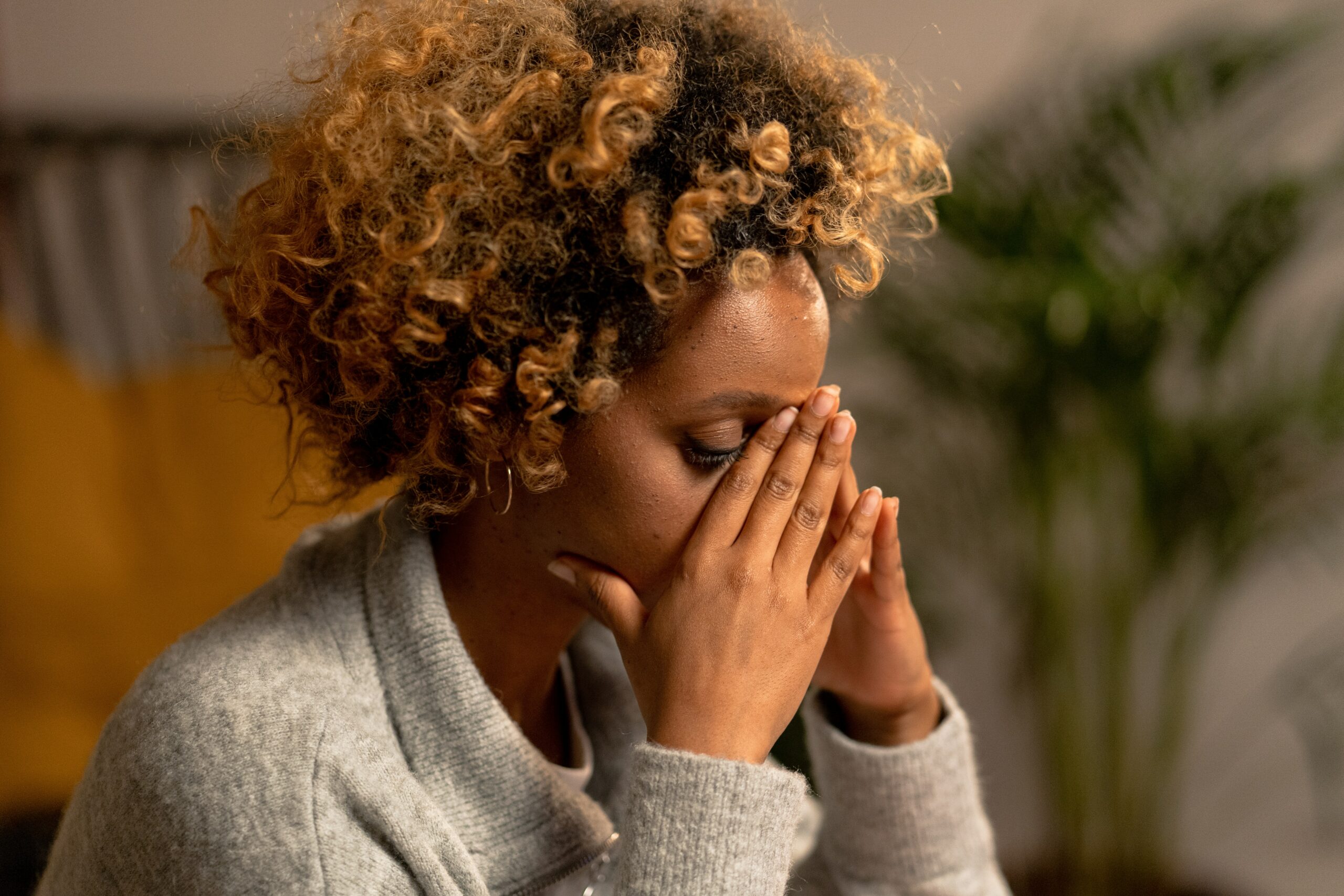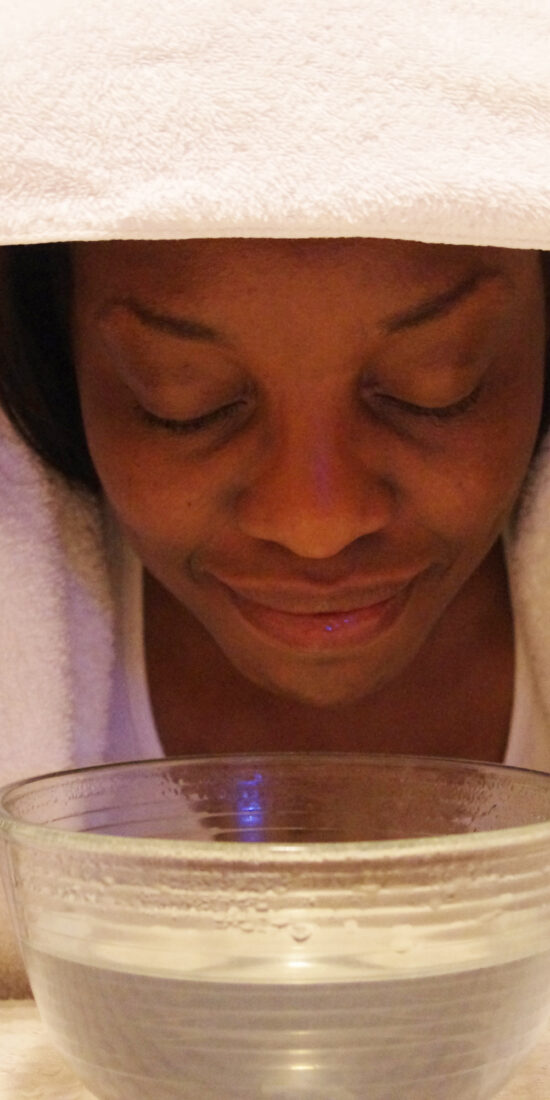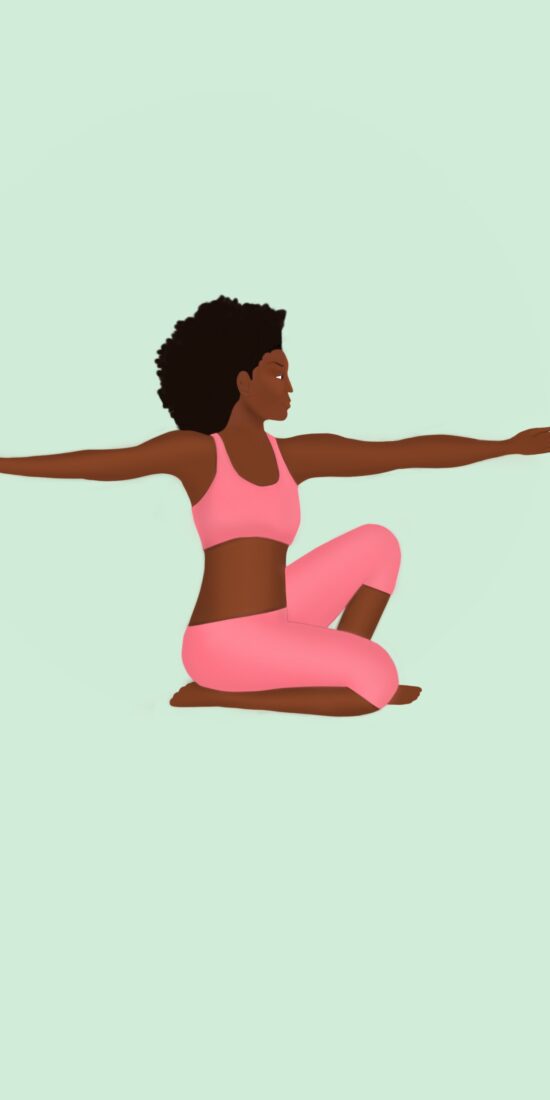
The causes of stress and anxiety in black women: unveiling the hidden burdens
The strong black woman and black girl magic myths have long been used to describe the resilience and strength often attributed to black women.
In society where they face unique challenges, it’s crucial to shed light on the causes of stress and anxiety that disproportionately affect them. From the pressures of success in business to racial disparities and workplace dynamic, black women navigate a complex web of stressors. We will delve into the underlying factors and highlight statistics to foster a greater understanding of their experiences.
Putting everyone first
Black women tend to put the need of others before their very own, they have carried the burden of society for generations.
So many of us know that Black women have always been at the forefront in the fight of equality for black men – most recently during the Black Live Matter movement- even when that same energy was not reciprocated by the later.
The myth of the strong black woman who can handle it all was illustrated with the hashtag “black girl magic” to celebrate themselves. But according to journalist Linda Chavers “Here’s my problem with Black Girl Magic. Black girls aren’t magical. We’re human.” She argued that the phrase holds black women to unfeasibly high standards – celebrating them when they achieve it but criticising them when they don’t.
“The ‘strong, black woman’ archetype, which also includes the mourning black woman who suffers in silence, is the idea that we can survive it all, that we can withstand it. That we are, in fact, superhuman. Black girl magic sounds to me like just another way of saying the same thing, and it is smothering and stunting. It is, above all, constricting rather than freeing,” Chavers wrote.
The strong black woman stereotype is more than just a cultural trope. Many Black American women, have reported feeling pressured to act like superwomen, projecting themselves as strong, self-sacrificing, and free of emotion to cope with the stress of race and gender-based discrimination in their daily lives. According to National Library of Medicine, “in qualitative studies, Black women have described being overwhelmed by pressures to embody strength and be resilient for their families and communities”.
Is some African countries, how many times have I heard stories about woman having to take care of their husband, younger siblings ( even when they reach an old age), children siblings, parents, when men don’t feel this pressure.
This pursuit of strengths can lead to pernicious psychological outcomes, including distress, depression, and anxiety.
Juggling with work and family
Mental load is all tasks related to household management which fall into women shoulder, which the later must think about without being at home. While women are working, they tend to also have to take care of the cooking, laundry, cleaning, children well-being when they arrive at home. This weight and constant thinking can have a heavy tall on women and a negative effect on their mental health.
It is even stronger for black women due to external factor, racial discrimination, racism, cliché (the strong black woman that can handle everything, the angry black woman and so on..). Personal care and physical appearance can also play a good part in the mental load, in the Western countries, the fear of wearing natural hair or not looking polished enough can be a source of anxiety. Black women often make more efforts to avoid being singled out. More appointments at the hair salon, more at-home care, more pressure.
Mothers can also feel the weight from the judgment towards their children. We know that black women are judged more harshly by society when it comes to their ability to educate and care for their children. When they are not accused of having children for social benefits, they are labelled as lazy individuals who simply reproduce without caring about the upbringing of their offspring. As a result, black women often feel the need to have impeccable children and carry this additional burden on their shoulders.
When it comes to children, there is the anxiety of having to one day comfort them if they become victim of racism. To ensure the best outcome, it is necessary to always anticipate and explain to them the actions and behaviour of others. Teaching them daily to love their appearance, skin colour, hair texture, and more, so that they are prepared the day they encounter a racist act or comment.
For women in relationship, we can wonder if the mental load is higher due to a greater lack of involvement from their partner in household chores and family life compared to non-Black couples. Without generalising, we can question whether, for cultural and/or personal reasons, black men are significantly less engaged and delegate more of the daily life tasks to their partner.
Even though times are changing, there is still work to be done, and very often, the woman is considered the commander-in-chief at home when it comes to cleaning, organising, and managing the household. The man is often a spectator, waiting to be told what to do.
The lack of support
A lot of black women haven’t been taught how to express their feelings; they tend to put their feelings aside. However, bottling up their feeling can lead to stress and anxiety.
In that sense, seeking help goes against the very essence of being a Strong Black Woman because they are hesitant to ask for practical or emotional support, express their emotional needs, or show vulnerability. According to the same study from the National Library of Medecine, many Black women also feel pressured to avoid burdening others with their emotional problems and needs.
This constant selflessness can leave Black women vulnerable to being taken advantage of by those who don’t reciprocate the support they provide. How many times have you been there for your friends, prioritizing their emergencies as if they were your own, without receiving the same level of care in return?
In the black community, seeking therapy is often stigmatised, and in many African countries, it is perceived as something only for white people. In the United States, there has been a historical stigma surrounding mental health treatment, including the fear of judgment from peers. The lack of Black counsellors who can truly understand their experiences further contributes to this issue.
Hating their job
According to a Gallup survey, Black women in the US face challenges in the workplace, with only 33% feeling valued and 36% feeling treated with respect among their co-workers. Additionally, the Trade Union Congress reports that 34% of black and minority ethnic women have experienced racist jokes at work. Navigating the corporate world as a black woman involves confronting unique stressors stemming from gender and racial factors. The pressure to prove oneself, break through glass ceilings, and combat biases can be overwhelming. Dealing with unsupportive colleagues, toxic managers, and a negative work environment further compounds the challenges. In this blog, we will explore the specific difficulties faced by successful black women in America, including microaggressions, racism, misogyny, harassment, unequal pay, and work-life balance struggles that can lead to stress, anxiety, burnout – or depression.
The intersection of success and stress: Black women in business
According to JP Morgan, In the U.S., 17% of Black women are in the process of starting a new business, compared to 10% of White women and 15% of White men. But just 3% of Black women running mature businesses. The struggle to maintain a business 61% of black-women self-fund their start up.
Stress from having their own business can be due to various factors. One major challenge is the difficulty they face in obtaining funding from external sources, leading many to self-fund their start-ups. Compared to White business owners, Black business owners experience a significantly higher rejection rate when applying for funding. This pressure to succeed in business and rely on their own income adds an additional layer of stress. The struggle to maintain a business and the limited access to financial resources contribute to the stress and anxiety that Black women in business may experience.
In conclusion, prioritising wellness is crucial for black women as they navigate the unique challenges they face. From the pressures of the strong black woman myth to juggling work, family, and societal expectations, the need for self-care, support, and recognizing personal needs is essential. By acknowledging these burdens and promoting wellness, we can inspire black women to break free from harmful stereotypes and create a more inclusive and equitable society.






Kesha
Absolutely and unequivically agree, thank you